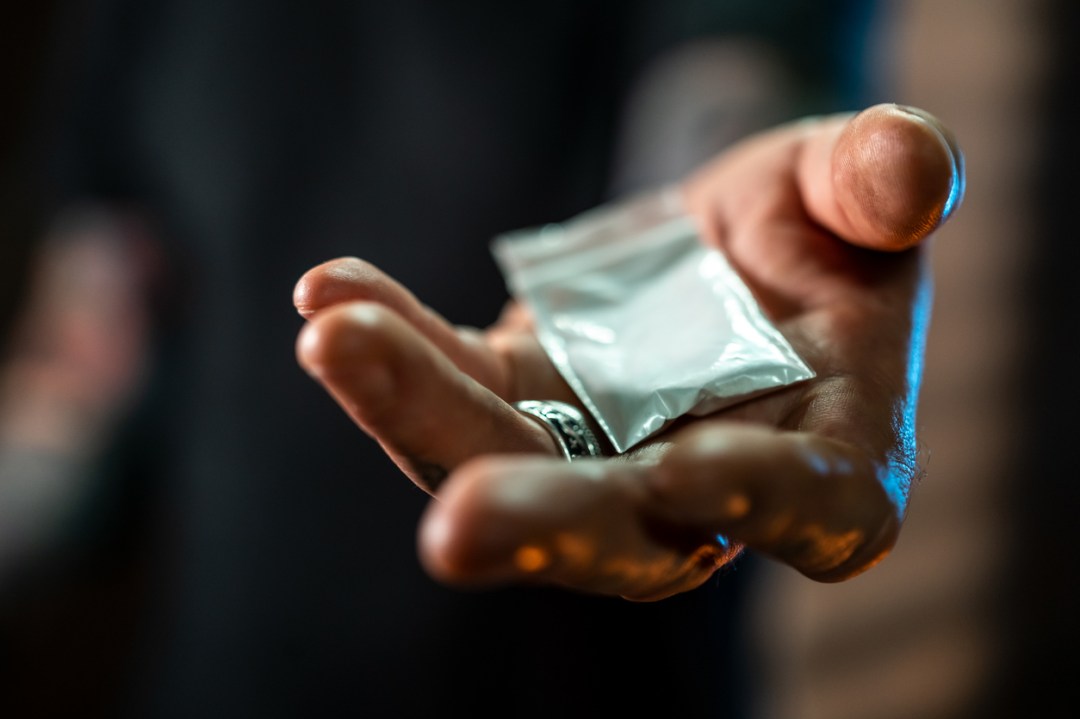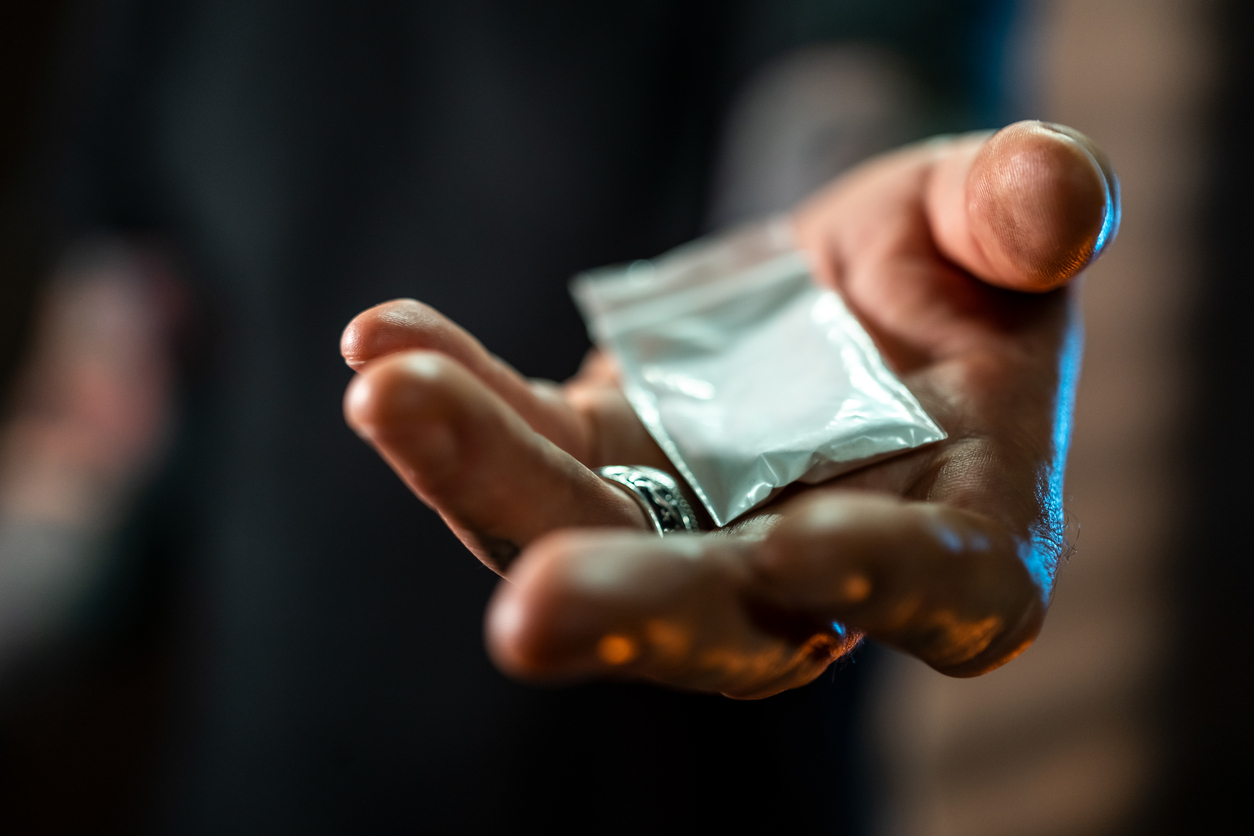Well, well, well. While the issue of drug decriminalisation has reared its head in recent months thanks to an intervention by London mayor Sadiq Khan, there aren’t all that many politicians who have advocated for the legalisation of illicit substances. That hasn’t put off the Economist which, in a leader titled ‘Brute force is no match for today’s high-tech drug-runners’, called for the, er, legalisation of cocaine. Talk about radical, eh?
The column, published last week, described how Donald Trump was using ‘military force and unprecedented violence’ in his war on drugs – before explaining how success was likely to elude the US President thanks to the new narcotics industry becoming ‘more innovative and nebulous than ever’. Illegal drugs kill around 600,000 people a year with opioid overdoses accounting for a large proportion of these deaths, while the US in particular has suffered from a rise in the trafficking of cocaine and synthetic substances. The solution? The Economist concludes: ‘The most effective single way to reduce the death, violence and corruption would be to legalise and regulate the production and consumption of cocaine.’
It went on:
This would eliminate the price premium that motivates the world’s most violent criminals. Consumers could be sure of dosage and quality – an incentive to shun dangerous illegal concoctions. Prisons would be emptier and the criminal-justice system could focus on deadlier synthetics. Alas, in most consuming countries neither voters nor politicians are interested.
The august magazine adds that while bombing boats in the Caribbean may go down well with Trump’s fan base, ‘it is almost certainly illegal and unlikely to make much of a difference’. The leader argues that governments should focus instead on intelligence gathering and prosecuting those involved in the trafficking networks, ‘especially the most powerful’. But ultimately, the Economist insisted that legalising the class A drug would slash the price of the substance, free up the criminal justice system and make it safer for consumers. It stated: ‘Without legalisation, the fight against illicit drugs is uphill.’ Crikey!
In the UK, Home Office data shows that cocaine is the second most popular drug after cannabis, with 2.1 per cent of 16 to 64-year-olds having consumed it in 2024. Earlier this year, the London mayor suggested small quantities of the drug should be decriminalised – the Spectator hosted a spirited debate on the subject between Lord Falconer and Dr Neil Shastri-Hurst here – but the idea was quickly rubbished by Sir Mark Rowley of the Metropolitan police.
But Khan isn’t alone in considering, um, novel ways to tackle the trade of illicit substances. New leader of the Green party, Zack Polanski, told the Beeb ahead of his party conference earlier this month that he wants to legalise all drugs, including class A substances like heroin and crack cocaine. It’ll take a while to get Brits on side however, with YouGov polling showing that a majority of people believe that decriminalising hard drugs will likely lead to more drugs use, more crime and more negative health effects. Not a vote winner at the moment, anyway…








Comments